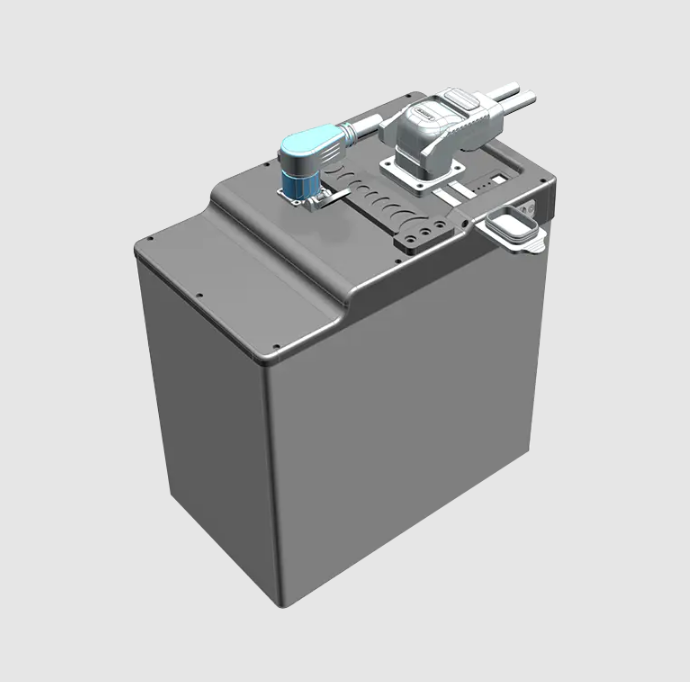Cylindrical cell modules are an essential component in modern battery technology. Typically used in applications such as electric vehicles (EVs), energy storage systems, and portable electronics, these modules offer a compact and efficient way to store and deliver electrical energy. They are constructed using cylindrical cells, which are commonly known for their robust performance and easy integration into larger systems.
The cylindrical design of these modules allows for efficient space utilization, maximizing energy density while keeping the size manageable. The cells are often connected in series or parallel configurations to increase voltage or capacity, depending on the requirements of the device or system they power. This modular approach makes cylindrical cell modules adaptable for a variety of applications, from small gadgets to large-scale power storage systems.
One of the key benefits of cylindrical cell modules is their reliability. The cylindrical shape contributes to better thermal management, as heat can dissipate more effectively than in other cell shapes. Additionally, the structure allows for easier mechanical protection and more straightforward maintenance. Because of these features, cylindrical cell modules are often preferred for high-demand applications where long-term durability is essential.
These modules are also widely used due to their cost-effectiveness and availability. The cylindrical cells used in these modules are mass-produced, making them relatively inexpensive compared to other types of cells. This factor is particularly important for industries looking to adopt battery technology at scale, such as the electric vehicle industry.
In conclusion, cylindrical cell modules are an efficient, durable, and cost-effective choice for a wide range of energy storage and power delivery applications.



